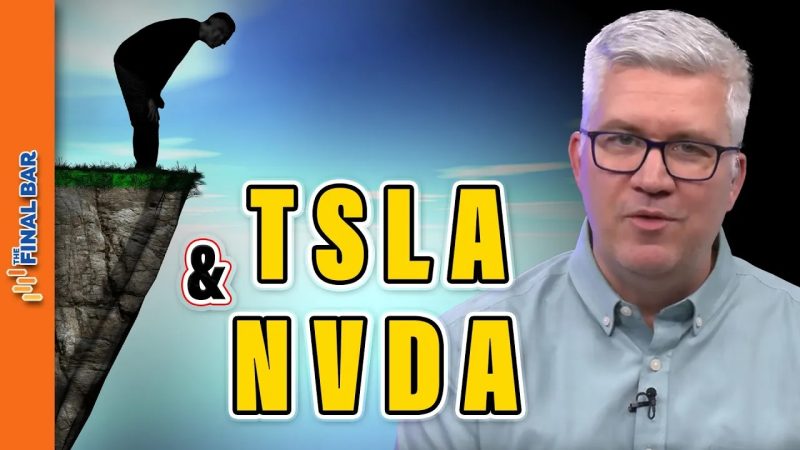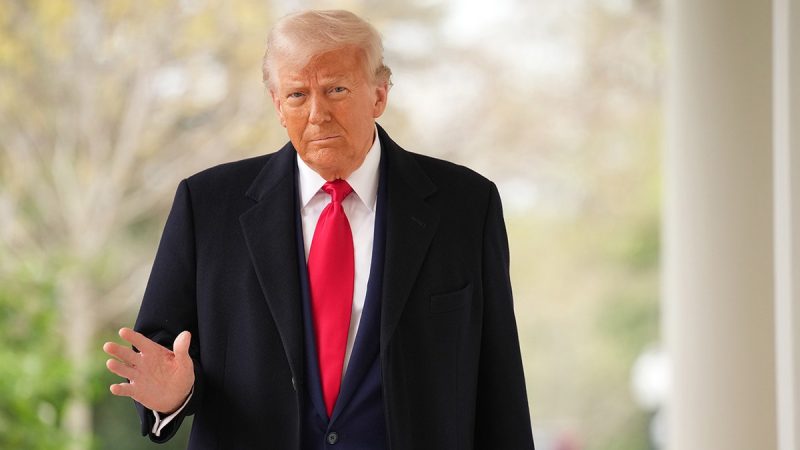Tesla and NVIDIA: From Heroes to Zeroes!
 The once high-flying tech giants Tesla (TSLA) and Nvidia (NVDA) are currently facing challenges that are shaking investor confidence and raising concerns about their future trajectory. Both companies, known for their innovation and market dominance, have recently experienced setbacks that have contributed to a significant decline in their stock prices. Let's take a closer look at the key issues affecting Tesla and Nvidia and explore what the future may hold for these former market darlings.
Tesla, the electric vehicle pioneer led by the visionary Elon Musk, has been struggling with production delays, quality control issues, and regulatory scrutiny. The company's ambitious expansion plans, including the construction of new manufacturing facilities and the development of autonomous driving technology, have faced numerous roadblocks. Tesla's failure to meet production targets for its Model 3 sedan has not only disappointed investors but also raised questions about its ability to compete effectively in the highly competitive automotive industry.
Moreover, concerns about Tesla's corporate governance practices and Musk's controversial behavior on social media have further eroded investor confidence. The recent settlement with the Securities and Exchange Commission over Musk's tweet about taking the company private at $420 per share has raised doubts about the stability of Tesla's leadership and its long-term strategy.
On the other hand, Nvidia, a leading provider of graphics processing units (GPUs) and artificial intelligence (AI) solutions, has seen its growth momentum slow down in recent months. The company's core gaming and data center segments, which have been driving its revenue growth, are facing increasing competition from rivals and softening demand from key markets. Nvidia's reliance on cryptocurrency mining as a revenue source has also proved to be volatile, with fluctuations in the value of cryptocurrencies affecting its bottom line.
Furthermore, Nvidia's planned acquisition of Mellanox Technologies, a networking equipment provider, has yet to receive regulatory approval, adding uncertainty to the company's future prospects. The ongoing trade tensions between the US and China and the broader economic slowdown have also cast a shadow over Nvidia's outlook, as the company generates a significant portion of its revenue from international markets.
In response to these challenges, both Tesla and Nvidia are exploring strategic initiatives to revitalize their businesses and regain investor confidence. Tesla has announced cost-cutting measures, streamlined its product lineup, and focused on improving its manufacturing processes to meet its production targets. The company is also ramping up its efforts in developing new vehicle models and expanding its presence in international markets to drive future growth.
Similarly, Nvidia is diversifying its product portfolio beyond gaming and data center solutions to capture opportunities in emerging technologies such as AI, autonomous vehicles, and edge computing. The company is investing in research and development to stay ahead of the competition and maintain its leadership position in the rapidly evolving tech landscape.
Despite the current challenges facing Tesla and Nvidia, both companies remain well-positioned to capitalize on the future trends shaping the tech industry. By adapting to changing market dynamics, addressing their operational weaknesses, and maintaining a focus on innovation, Tesla and Nvidia have the potential to bounce back and regain their status as market leaders. Only time will tell whether these fallen giants can rise again and reclaim their glory in the ever-evolving tech sector.
The once high-flying tech giants Tesla (TSLA) and Nvidia (NVDA) are currently facing challenges that are shaking investor confidence and raising concerns about their future trajectory. Both companies, known for their innovation and market dominance, have recently experienced setbacks that have contributed to a significant decline in their stock prices. Let's take a closer look at the key issues affecting Tesla and Nvidia and explore what the future may hold for these former market darlings.
Tesla, the electric vehicle pioneer led by the visionary Elon Musk, has been struggling with production delays, quality control issues, and regulatory scrutiny. The company's ambitious expansion plans, including the construction of new manufacturing facilities and the development of autonomous driving technology, have faced numerous roadblocks. Tesla's failure to meet production targets for its Model 3 sedan has not only disappointed investors but also raised questions about its ability to compete effectively in the highly competitive automotive industry.
Moreover, concerns about Tesla's corporate governance practices and Musk's controversial behavior on social media have further eroded investor confidence. The recent settlement with the Securities and Exchange Commission over Musk's tweet about taking the company private at $420 per share has raised doubts about the stability of Tesla's leadership and its long-term strategy.
On the other hand, Nvidia, a leading provider of graphics processing units (GPUs) and artificial intelligence (AI) solutions, has seen its growth momentum slow down in recent months. The company's core gaming and data center segments, which have been driving its revenue growth, are facing increasing competition from rivals and softening demand from key markets. Nvidia's reliance on cryptocurrency mining as a revenue source has also proved to be volatile, with fluctuations in the value of cryptocurrencies affecting its bottom line.
Furthermore, Nvidia's planned acquisition of Mellanox Technologies, a networking equipment provider, has yet to receive regulatory approval, adding uncertainty to the company's future prospects. The ongoing trade tensions between the US and China and the broader economic slowdown have also cast a shadow over Nvidia's outlook, as the company generates a significant portion of its revenue from international markets.
In response to these challenges, both Tesla and Nvidia are exploring strategic initiatives to revitalize their businesses and regain investor confidence. Tesla has announced cost-cutting measures, streamlined its product lineup, and focused on improving its manufacturing processes to meet its production targets. The company is also ramping up its efforts in developing new vehicle models and expanding its presence in international markets to drive future growth.
Similarly, Nvidia is diversifying its product portfolio beyond gaming and data center solutions to capture opportunities in emerging technologies such as AI, autonomous vehicles, and edge computing. The company is investing in research and development to stay ahead of the competition and maintain its leadership position in the rapidly evolving tech landscape.
Despite the current challenges facing Tesla and Nvidia, both companies remain well-positioned to capitalize on the future trends shaping the tech industry. By adapting to changing market dynamics, addressing their operational weaknesses, and maintaining a focus on innovation, Tesla and Nvidia have the potential to bounce back and regain their status as market leaders. Only time will tell whether these fallen giants can rise again and reclaim their glory in the ever-evolving tech sector.
If you would like to delve into the world of investment topics , go to our partner project Wall Street Wizardry


